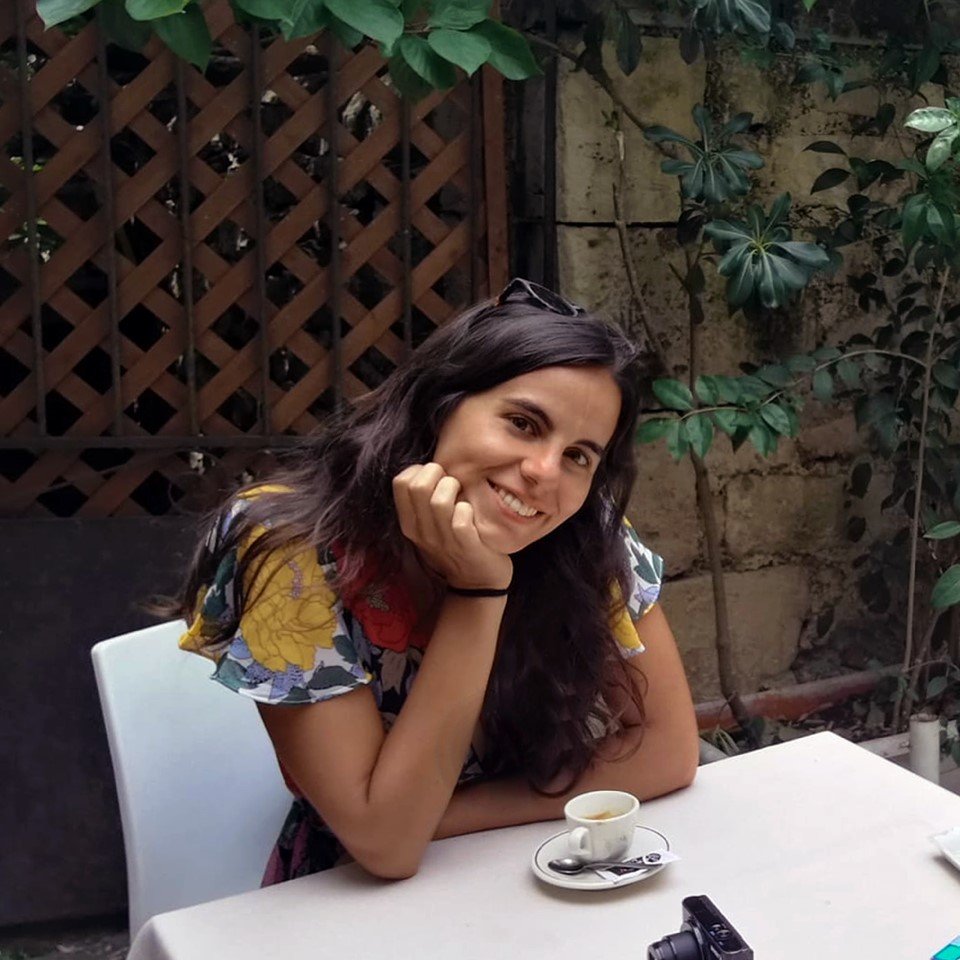Elena Putti
I have always known that I wanted to become a biologist, since when, naively, I didn''t even know what being a biologist really meant. In fact, I have always been intrigued by the way an organism is able to function, in particular by how it is able to perceive an information and exploit it in order to complete an action. After a classical high school, I enrolled at the bachelor’s degree in biology at the University of Padua, Italy. There, I completed my master’s as well, as I was surrounded by a scientifically perfused and extremely rich environment, where I cultivated my knowledge and consequently my interest in biological systems, in particular in neurodevelopment. During my master’s I realized that I was missing an international experience and so with the Erasmus program I was able to go to the Institute Curie in Paris to conduct the experiments for my Master thesis, and it is there that I became sure I wanted to do my a PhD in Neuroscience.

At first, what attracted me towards the Zenith Program were different projects proposed, where I would have the opportunity to study biological developmental principles and mechanisms focused on the nervous system. However, when I learned more about the project and the program, I became even more intrigued. The Zenith Program, in fact, represents a great opportunity to face open problems about system neuroscience, not only for its interdisciplinary character, so important to unveil the intricacies of the nervous system, but also for the possibility to achieve diverse expertise, proposed through collaborations with the different Zenith PIs. At last, what finally struck me was the environment created by the PIs and their lab members during the interview week in Paris, where I realized I wanted to enter their world. I believe the Zenith Program will help me to finally turn me from a student into a researcher.
Project at ZENITH
Publications
- (poster) Elena Putti, Chung-Yuen Chan, Giulia Faini, Dimitrii Tanese, Valentina Emiliani, Filippo Del Bene [2021]. Genetic control of circuit development and function in the zebrafish optic tectum. ED3C Scientific days. (Tectum)